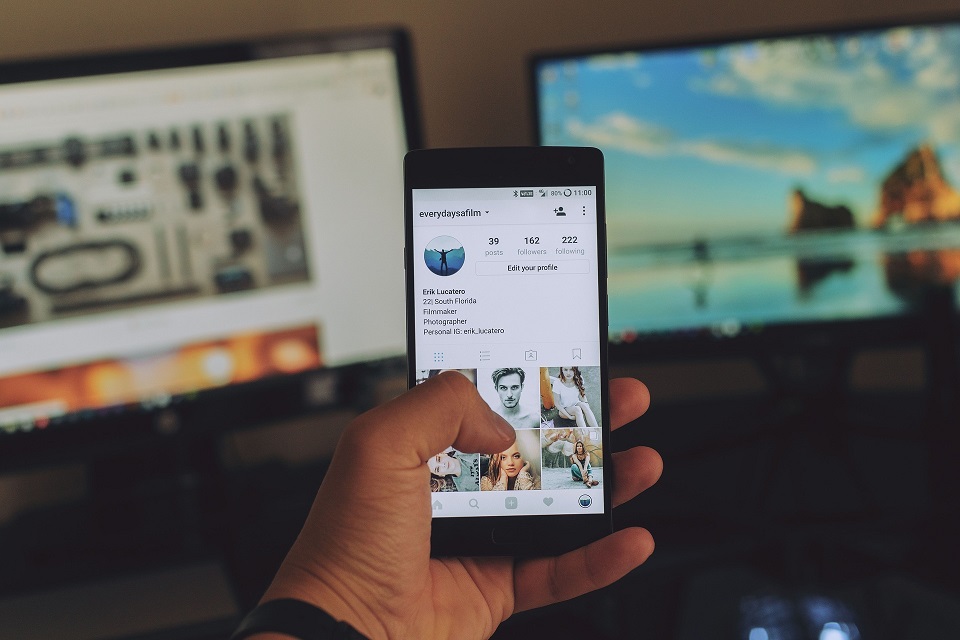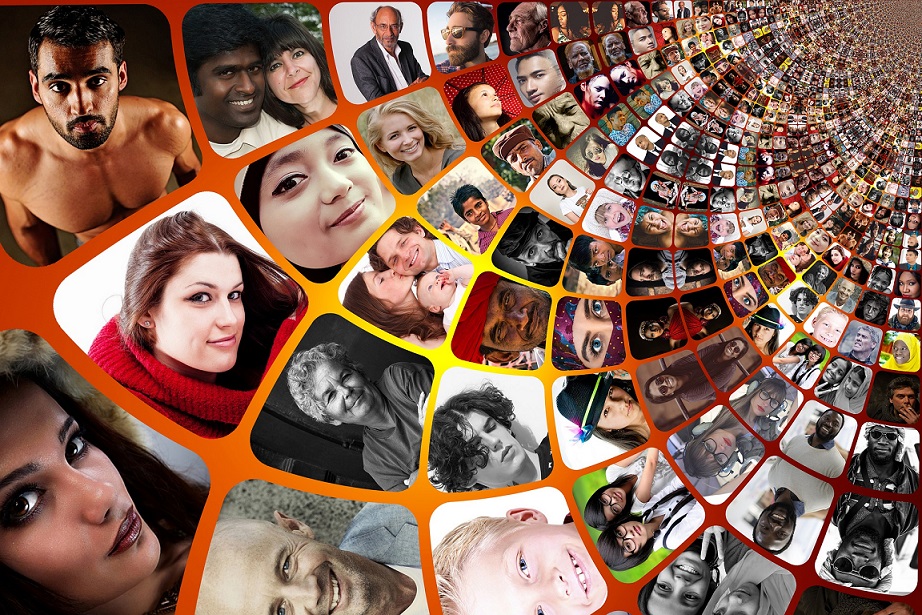Violence motivated by hate speech towards vulnerable groups is rampant on social media, despite the rejection of many people. A quick glance at the Twitter timeline, for example, makes it easy to identify hate speech.
 Mario Múñoz Lozano
Mario Múñoz Lozano
Racism, xenophobia, sexism, rejection of the poor, neo-Nazi slogans multiply in the network of networks with real negative consequences on the life and health of those who belong to these groups, but it also promotes exclusion, intolerance and can lead to justifying the violation of their rights.
An increase in attacks against immigrants and other minorities has raised new concerns about the link between provocative online speech and violent acts.
According to studies, such attitudes survive on the Internet because of the impunity with which these messages travel through the networks.
Among the reasons for this is the position adopted by the owners of some of these platforms, who sometimes turn a blind eye to complaints or protect themselves, under the pretext of the lack of regulatory mechanisms in the face of the problems of jurisdiction, regulation and anonymity typical of social networks.
 New addiction
New addiction
The massive popularity of online communication among teenagers has provoked mixed reactions.
According to experts, major concerns have focused on the development of superficial relationships with strangers, the risk of addiction and the increased likelihood of being a victim of cyberbullying.
But there are other evils such as the assimilation and adoption of foreign behaviours, life patterns, fashions and cultures, as well as social isolation.
Studies show that depression among adolescents and young people has become more common over the last decade. Social media use has also increased during the same time.
It is difficult to say for sure that social media causes depression. However, there are a number of ways in which the use of social media may harm children. A May 2017 survey by the Royal Society of Public Health asked 14-24 year olds in the UK how social media platforms had an impact on their health and wellbeing. The results showed that Snapchat, Facebook, Twitter and Instagram increased feelings of depression, anxiety, poor body image and loneliness.
For Catherine Steiner-Adair, a clinical psychologist and author of the book “The Big Disconnect”‘, “there is no doubt that children are losing very important social skills,” the website of the Child Mind Institute in New York, USA, reported.
 Experts warn that when friendships develop online and through text, children establish relationships in a context that is stripped of many of the more personal and sometimes intimidating aspects of communication. The massive use of the internet by young people leads, therefore, to a reflection on the links and the need to develop an integrated approach that allows us to visualise both the risks and the opportunities of this new way of communicating. PL
Experts warn that when friendships develop online and through text, children establish relationships in a context that is stripped of many of the more personal and sometimes intimidating aspects of communication. The massive use of the internet by young people leads, therefore, to a reflection on the links and the need to develop an integrated approach that allows us to visualise both the risks and the opportunities of this new way of communicating. PL
(Translated by Cristina Popa – Email: gcpopa83@gmail.com) – Photos: Pixabay












.jpg)












